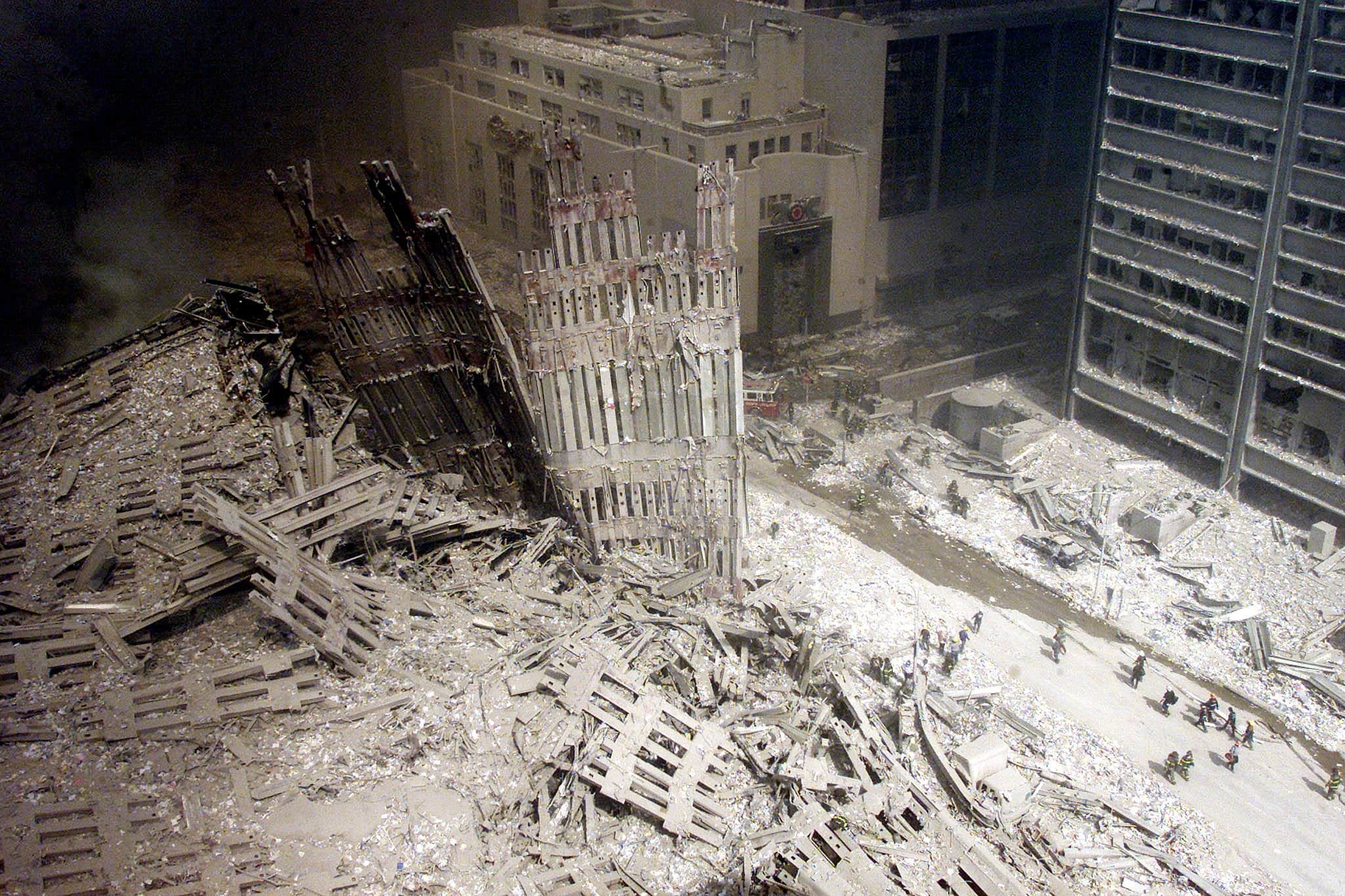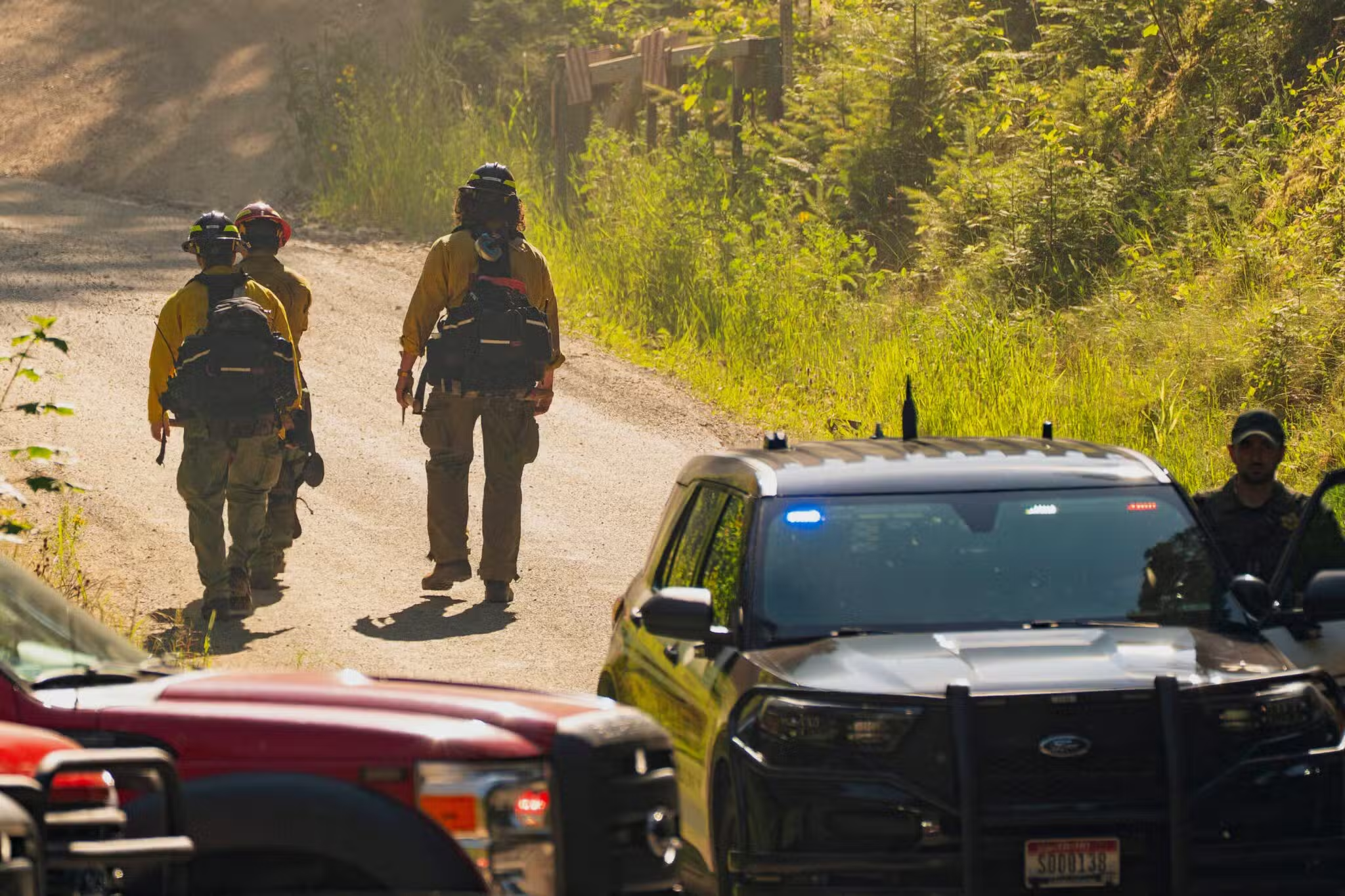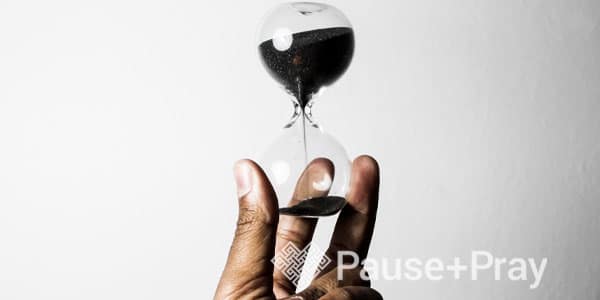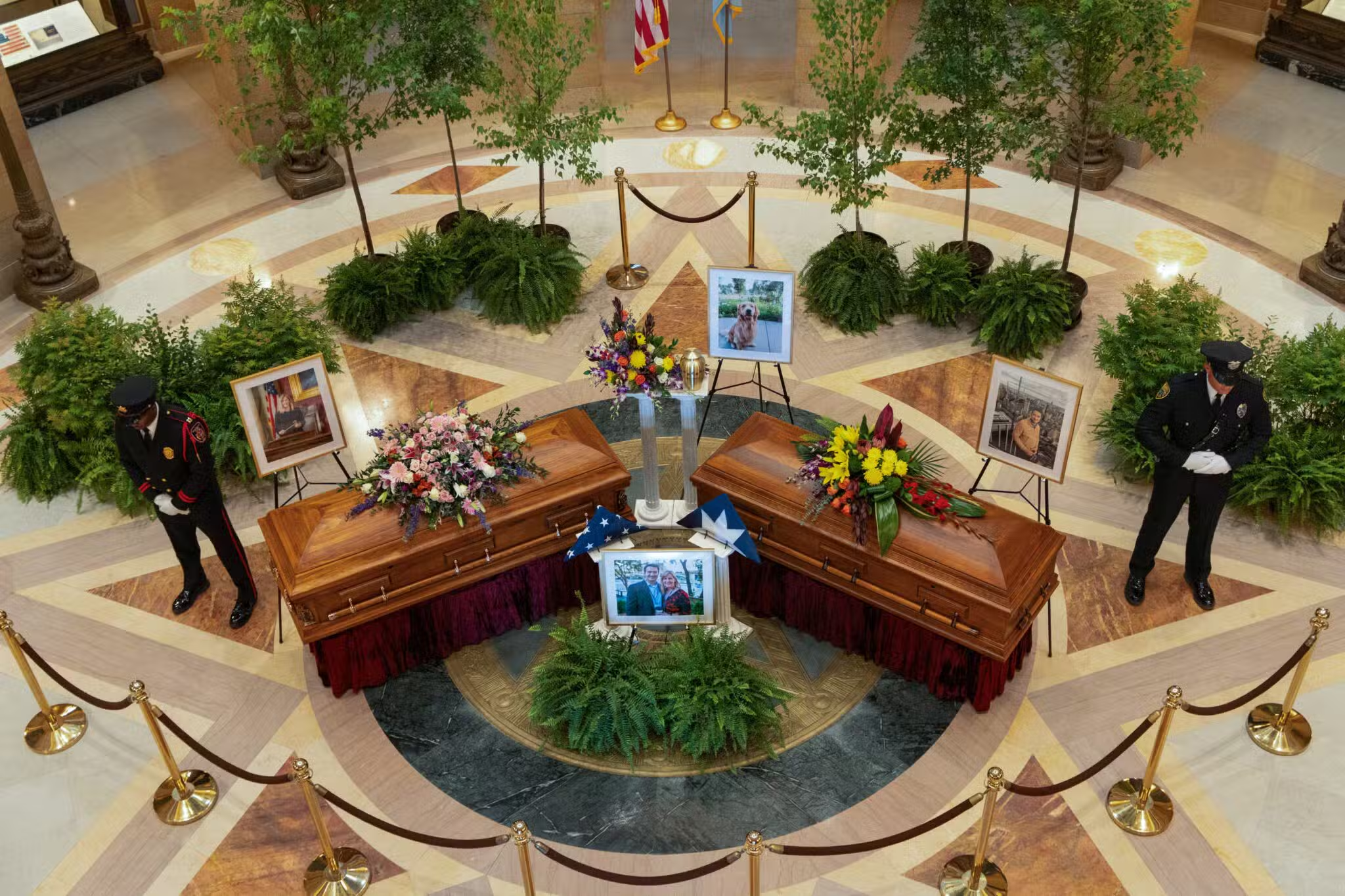For most of us, there are certain moments in time that remain frozen in our memories forever. We can recount every detail of the event, such as where we were, what was happening, how we felt. Sometimes those memories are joyful—weddings, births, victories. Other times they stick with us because they strike us to our core in the worst way—deaths, accidents, tragic events.
I can still remember my parents talking about the specific details of their experiences surrounding large-scale events such as the atomic bombing of Hiroshima, the Vietnam War, and the assassinations of President John F. Kennedy and Martin Luther King Jr.
My generation—Gen X—has its own set of memories, as each generation does. For us, some of the major events that shaped our worldviews were the Challenger disaster, the Columbine school shooting, the Iraq War, and the Oklahoma City bombing.
And then there is the all-encompassing memory of 9/11. This memory touched all generations, rocking our sense of security to the core.
A Whole New World
At the time of the attacks, I was three months pregnant with my son, Alex. I had gone in to work long enough to hear about the first plane hitting the tower, discussing with my colleagues what a terrible event it was. But then, thanks to morning sickness, I had to head home. I was lying curled up on the couch when the second plane hit. And then there was the Pentagon, followed by the news of the plane in Shanksville, Pennsylvania. It all seemed so surreal.
I remained in that position on the couch for hours, watching the coverage and praying for all those involved. All the while, I kept holding my stomach, wondering exactly what kind of world I was bringing my child into.
I can still recall all the details of the following days of the attack. We live near an airport, and I remember the eerie quiet without the planes flying over our house and the ramped-up security everywhere we went. We watched the constant news coverage, searching for answers and hoping for survivors. We saw the photographs posted in the media of loved ones who were missing, in the hopes that they might have survived and just hadn’t been located yet.
During those days, I did what I knew how to do. I wrote. I wrote letters to both Alex and his older sister, Maddie, about the event and tucked them into each of their baby books. I wrote from my heart, telling them not only the facts of the day, but also about the emotions and lessons we can learn from this horrible event.
Telling the Stories
Now, 20 years later, my son, who was on the couch with me that horrible September day, doesn’t have any sense of the horror that took place. In fact, neither do most members of his generation.
And that’s where we as parents, grandparents, aunts, uncles, and all those who remember that day and others come into play. Just as we listened to stories from previous generations about events that we did not personally experience, we need to talk about the memories and the lessons we learned on 9/11. When I interviewed Father Chris Keenan, OFM, about his involvement with the 9/11 attacks in New York (see page 32), I asked him what we can do now to keep the memories of that day alive. He said to tell the stories, which is how we will keep history alive.








